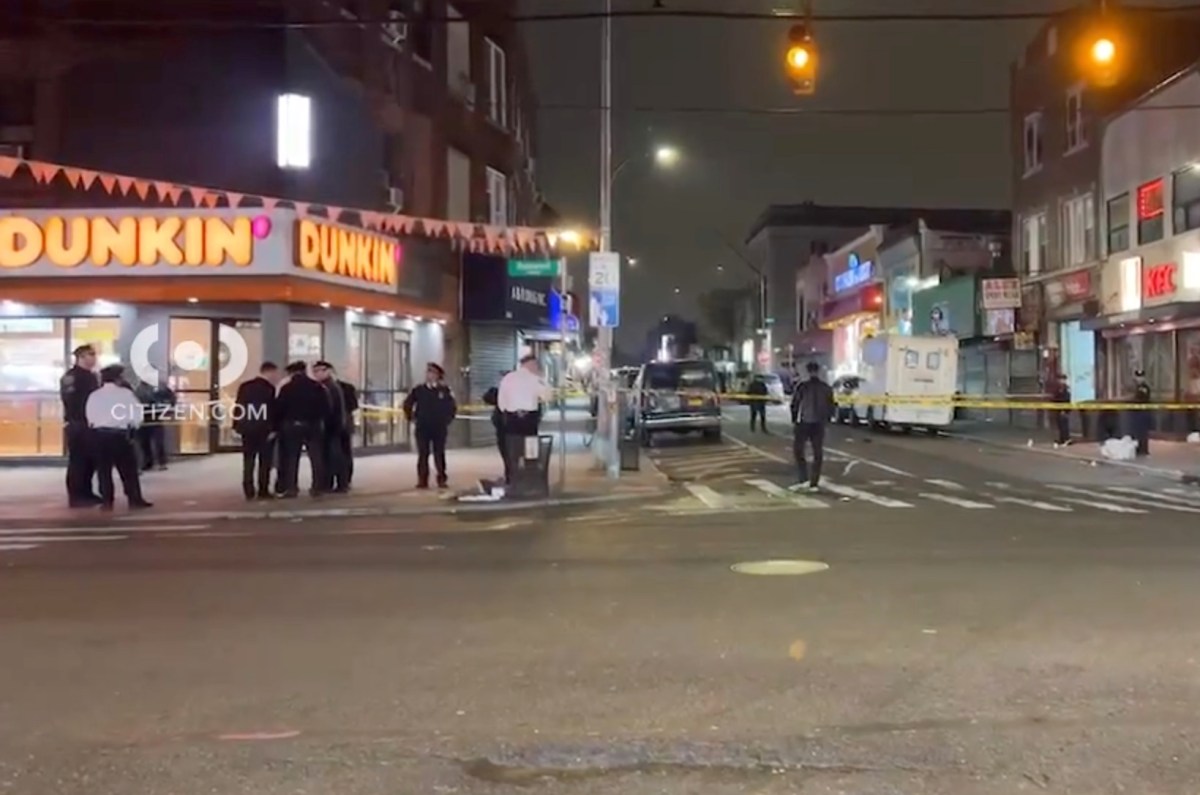By Madina Toure
After nearly three hours of intense debate marked by cultural differences between the East and the West, Queens Community Board 7 tabled a vote on whether to approve the construction of a mosque in Flushing.
At its monthly board meeting this week at the Union Care Plaza Center, board members and residents expressed reservations about not-for-profit Masjid-e-Noor’s proposal to build a mosque on 46-05 Parsons Blvd.
Opposition largely rested on the group’s request for bulk waivers to exceed the maximum community facility floor area allowed in the property’s zoning district, which is exclusively designated for residential housing. The developers are also seeking waivers for yards and parking to address the property’s irregular shape.
“I’ve read the Quran and I believe these people have a right to worship their God in their way,” said John Kelly, a Kissena Park resident. “Unfortunately, this is America and we’re about rules and regulations. Other parts of the world, they don’t have rules and regulations. They don’t have zoning. They don’t have rules that we’re supposed to follow here. You ask us to respect you. I’m asking you to respect us and our rules.”
Attorney Emily Simons, of the Simons & Wright firm, which is representing Masjid-e-Boor, said the architect, Jamil Coppin, of Jamil Coppin Architect PC, would revise the application and resubmit it to the board.
“They are tabling it because the congregation is going back to relook at the project,” Simons said. “There’s no promises, no anything. They’re taking a second look. That’s really what they’re doing.”
The property is an irregularly shaped 4,773-square-foot corner lot, according to a statement of facts and findings dated Aug. 22 prepared for the city Board of Standards and Appeals by Simons & Wright. The mosque is expected to serve roughly 420 worshipers, 95 percent of whom live in the mosque’s 11355 zip code.
The mosque wanted to change the mandated floor area ratio of 0.5 in the R2 district to 1.045, cut down a large tree and waive the yard and parking requirements. The mosque will be built in a triangular shape.
“This lot here is a convenient location for those who are in the area … who can walk to the daily place of worship when possible and the zoning allows it and we come here to seek the community support in discharging the daily responsibility of the good law-abiding citizens,” said Mohamed Sheth, a construction manager and representative for Masjid-e-Noor.
The group also argued there is no other mosque in the area, noting a number of churches, including the Mary’s Nativity Roman Catholic Church complex, exist in the area.
Two floors would house the prayer rooms, one for 210 men and the other 210 women, since they must pray separately. On weekends, the imam or the religious scholars would hold Quranic classes to teach roughly 100 students.
Only single-family detached houses can be built in the R1 and R2 districts. While he was in the City Council, state Sen. Tony Avella (D-Bayside) secured changes for the R1 and R2 zoning districts that include changing the floor area ratio from 1.0 to a residential floor area ratio of 0.5. He also secured onsite parking as a requirement.
Avella said he previously asked the mosque to withdraw the application because the property was too small for its needs.
“I think they went into this process a little unaware of the ramifications and I think now that they’ve seen the community opposition for the right reasons, I’m glad that they’re taking another look at this,” Avella said in an interview with TimesLedger.
The mosque’s architect, Coppin, presented the proposal to the board. Board members said the mosque would most likely draw more than just 420 parishioners and noted the costliness of taking down the trees and criticized the request for a parking waiver.
“Are we going to stop the men from coming in or are we going to push the women out of the building?” CB7 Chairman Eugene Kelty asked during the meeting. “The idea is if you have a house of worship, it should be for everybody.”
Sheth said the mosque backers understand residents’ concerns and plan to address them accordingly.
“I hear the mood of the community and the community is hearing it, and the community will go back and see what they can do to satisfy your concerns or move on two other options and explore legally what this great country allows us to do,” Sheth said.
Paul Graziano, an urban planning consultant and a historic preservationist, echoed Avella’s sentiments.
“I can’t think of any other house of worship or religious organization that has asked for these types of variances to this degree as well as multiple variances for a single building,” Graziano said in an interview with TimesLedger.
Beverly McDermott, president of the Kissena Park Civic Association, said the property cannot be used for nonresidential purposes.
“This will affect the character of the neighborhood, including noise, garbage, unavailable parking spaces to taxpaying citizens and increase traffic flow,” McDermott said.
Reach reporter Madina Toure by e-mail at mtoure@cnglocal.com or by phone at (718) 260–4566.





























